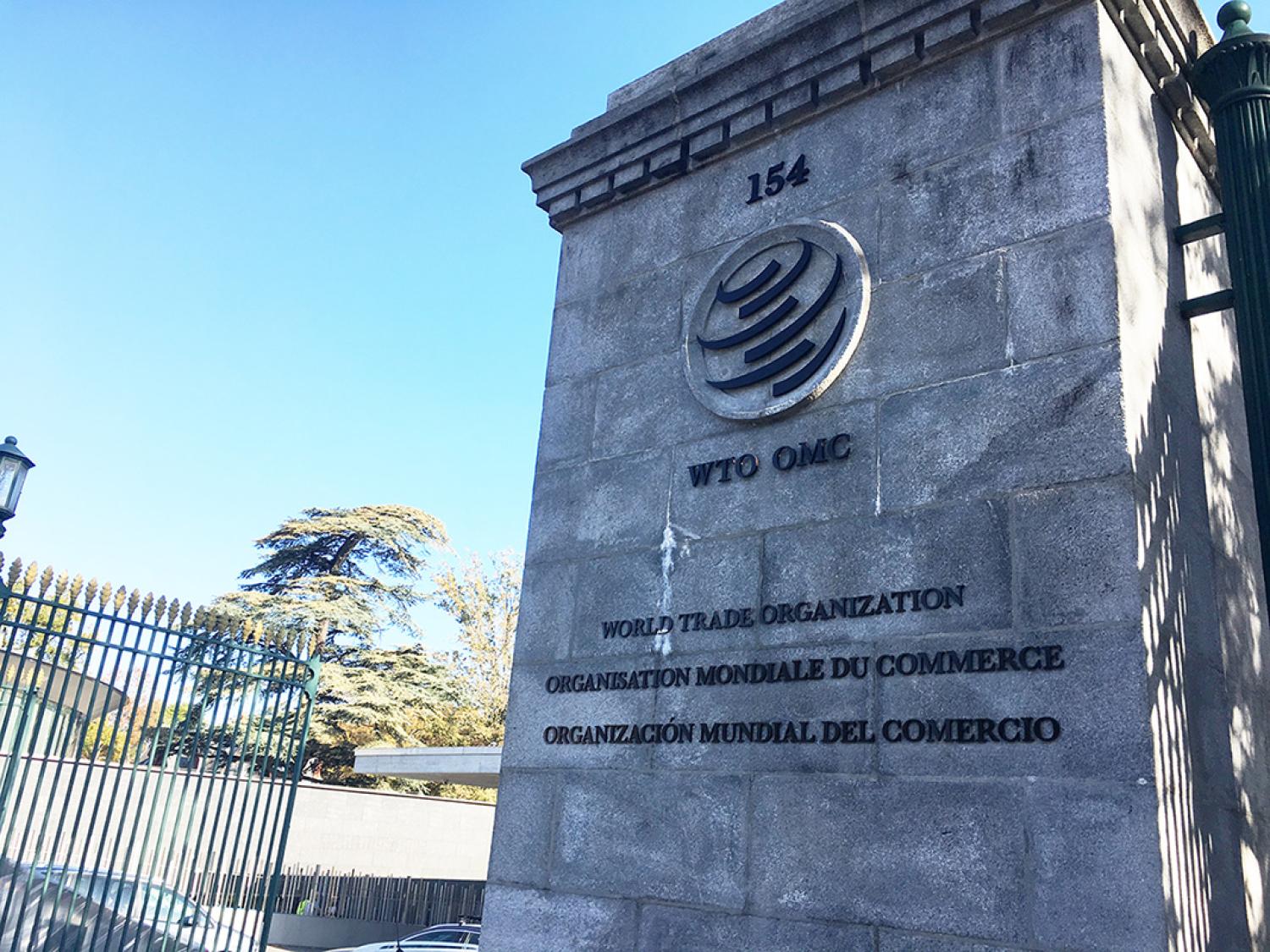Under President Donald Trump, the United States launched an assault on the rules-based multilateral trading system, repeatedly threatening to withdraw from the World Trade Organisation (WTO), sabotaging its enforcement mechanism and blatantly violating its rules by arbitrarily imposing tariffs on all of the major US trading partners and launching a trade war with China. Despite President Joe Biden’s professed commitment to multilateralism, his administration has continued many of Trump’s trade policies. With the world’s dominant power behaving as a rogue state in the trade regime, the WTO has been plunged into crisis.
A key question has been whether other states would have the will and capacity to lead system-preserving initiatives. Most attention has focused on China, the country widely viewed as the chief hegemonic challenger to the United States. President Xi Jinping’s headline-grabbing speech at the 2017 World Economic Forum in Davos, championing free trade and economic globalisation, was widely seen as signalling China’s intention to step forward to fill the leadership gap left by the United States.
Instead, however, it is not China but the European Union (EU) that has taken the most significant, concrete steps to address the crisis at the WTO and preserve and defend the rules-based multilateral trading system.
The WTO’s entire mechanism for enforcing global trade rules and resolving disputes is in jeopardy.
The most urgent threat to the WTO has come from the United States disabling its dispute settlement mechanism by blocking appointments to the Appellate Body. The Appellate Body effectively acts as a supreme court for global trade. It hears appeals of WTO trade disputes, with more than two-thirds of WTO disputes typically reaching the Appellate Body.
The United States has expressed growing dissatisfaction with the Appellate Body over the last two decades. It accuses the Appellate Body of judicial overreach and complains that it has interpreted WTO rules in ways that run counter to US interests. Under Trump, the United States began blocking all appointments to the Appellate Body, leaving it without any judges to adjudicate disputes – a practice that has continued under the Biden administration.
Without a functioning Appellate Body, the losing country in a trade dispute can block a ruling against it simply by filing an appeal. As a result, the WTO’s entire mechanism for enforcing global trade rules and resolving disputes is in jeopardy.
The EU has led efforts to address the Appellate Body crisis, spearheading the creation of an interim appeals arrangement – the Multi-Party Interim Appeal Arbitration Arrangement (MPIA) – to replace the now defunct Appellate Body. In effect, the EU has created an “Appellate Body minus the US”, encompassing most of the world’s major trading powers and users of the WTO’s dispute settlement mechanism.

The MPIA is intended to broadly replicate the practices and procedures of the Appellate Body. It will remain in place until a permanent solution to the Appellate Body crisis is found and the Appellate Body is fully operational once again. The interim appeals arrangement will apply only to participating states, but is open to all WTO members to join. A slate of arbitrators has already been established, and thus far over 50 countries have agreed to participate.
China’s economic weight has undoubtedly made it an important partner in the MPIA. With China’s participation, the MPIA encompasses two of the world’s three largest economies, helping to underscore US isolation. But China is a follower rather than a leader in this EU-led initiative.
China has been a major beneficiary of the liberal trading order, which has helped fuel its remarkable economic rise. But successful leadership requires advancing initiatives that are able to gain the backing of other states. Despite its keen interest in maintaining the established trading order, China lacks the capacity to lead system-preserving initiatives.
Thanks to its protectionist trade policies and increasing weaponisation of trade as an instrument of coercion against weaker states, China lacks credibility as a defender of multilateralism, free trade and the rule of law, impeding its ability to advance initiatives or gain followers. Instead, China’s actions are viewed with considerable distrust and suspicion. Its commitment to the rules-based multilateral trading system is widely seen as only partial and self-serving, frequently violating the rules of the WTO when in its interests to do so.
The EU’s actions have been akin to triage in battlefield medicine – trying to patch up and salvage the rules-based multilateral trading system.
At a critical juncture in the future of the liberal trading order, the MPIA represents an important demonstration of leadership by the EU. With an American hegemon openly hostile to multilateralism and the rules-based trading system, and actively blocking the operation of the Appellate Body, the EU stepped into the void, successfully spearheading the MPIA as a means to maintain a two-tier system of independent judicial review in WTO disputes.
The MPIA is a key part of efforts to make global trade governance less dependent on American leadership and more resilient in the face of US attempts to undermine the rules-based multilateral trading system. The EU is thus playing an important stabilising role in the trading system amid an ongoing US assault. The EU’s actions have been akin to triage in battlefield medicine – trying to patch up and salvage the rules-based multilateral trading system that has come under active attack from the American hegemon and prevent US actions from destroying the system. Ultimately, however, only time will tell if the WTO can in fact be “saved”.

